Tinnitus is usually described as a ringing in the ears, but it can also sound like clicking, hissing, roaring, or buzzing. Tinnitus involves perceiving sound when no external noise is present. The sound can be very soft or very loud, and high-pitched or low-pitched. Some people hear it in one ear and others hear it in both. People with severe tinnitus may have problems hearing, working, or sleeping.
Tinnitus is not a disease — it’s a symptom. It’s a sign that something is wrong with your auditory system, which includes your ear, the auditory nerve that connects the inner ear to the brain, and the parts of the brain that process sound. There are a variety of different conditions that can cause tinnitus. One of the most common is noise-induced hearing loss.
There is no definite cure for tinnitus. However, it can be temporary or persistent, mild or severe, gradual or instant. The goal of treatment is to help you manage your perception of the sound in your head. There are many treatments available that can help reduce the perceived intensity of tinnitus, as well as its omnipresence. Here Are Our Top Remedies that Quiet & Help fight tinnitus.
Best Of Best Tinnitus Remedies
1. Hearing aids
Most people develop tinnitus as a symptom of hearing loss. When you lose hearing, your brain undergoes changes in the way it processes sound frequencies. A hearing aid is a small electronic device that uses a microphone, amplifier, and speaker to increase the volume of external noises. This can mollify neuroplastic changes in the brain’s ability to process sound.
If you have tinnitus, you may find that the better you hear, the less you notice your tinnitus. A 2007 survey of healthcare providers published in The Hearing Review, found that roughly 60 percent of people with tinnitus experienced at least some relief from a hearing aid. Roughly 22 percent found significant relief.
2. Sound-masking devices
Sound-masking devices provide a pleasant or benign external noise that partially drowns out the internal sound of tinnitus. The traditional sound-masking device is a tabletop sound machine, but there are also small electronic devices that fit in the ear. These devices can play white noise, pink noise, nature noises, music, or other ambient sounds. Most people prefer a level of external sound that is just slightly louder than their tinnitus, but others prefer a masking sound that completely drowns out the ringing.
Some people use commercial sound machines designed to help people relax or fall asleep. You can also use headphones, television, music, or even a fan.
A 2017 study in the journal Frontiers in Aging Neuroscience
found that masking was most effective when using broadband noise, such as white noise or pink noise. Nature sounds proved much less effective.
3. Modified or customized sound machines
Standard masking devices help to mask the sound of tinnitus while you are using them, but they have no long-lasting effects. Modern medical-grade devices use customized sounds tailored specifically to your tinnitus. Unlike regular sound machines, these devices are only worn intermittently. You may experience benefits long after the device is turned off, and over time, you may experience long-term improvement in the perceived loudness of your tinnitus.
A 2017 study published in the Annals of Ontology, Rhinology, and Laryngology
, found that customized sound decreases the loudness of tinnitus and may be superior to broadband noise.
4. Product Created to Stop Tinnitus
Our Top Tinnitus Product Choices
We think you will agree that our top choice stands above and beyond the competition. The company’s excellent reputation, top quality product, external independent monitoring and testing, coupled with an incredible money-back guarantee policy, makes this an undoubtedly solid pick for our #1 choice.
Top Tinnitus Products
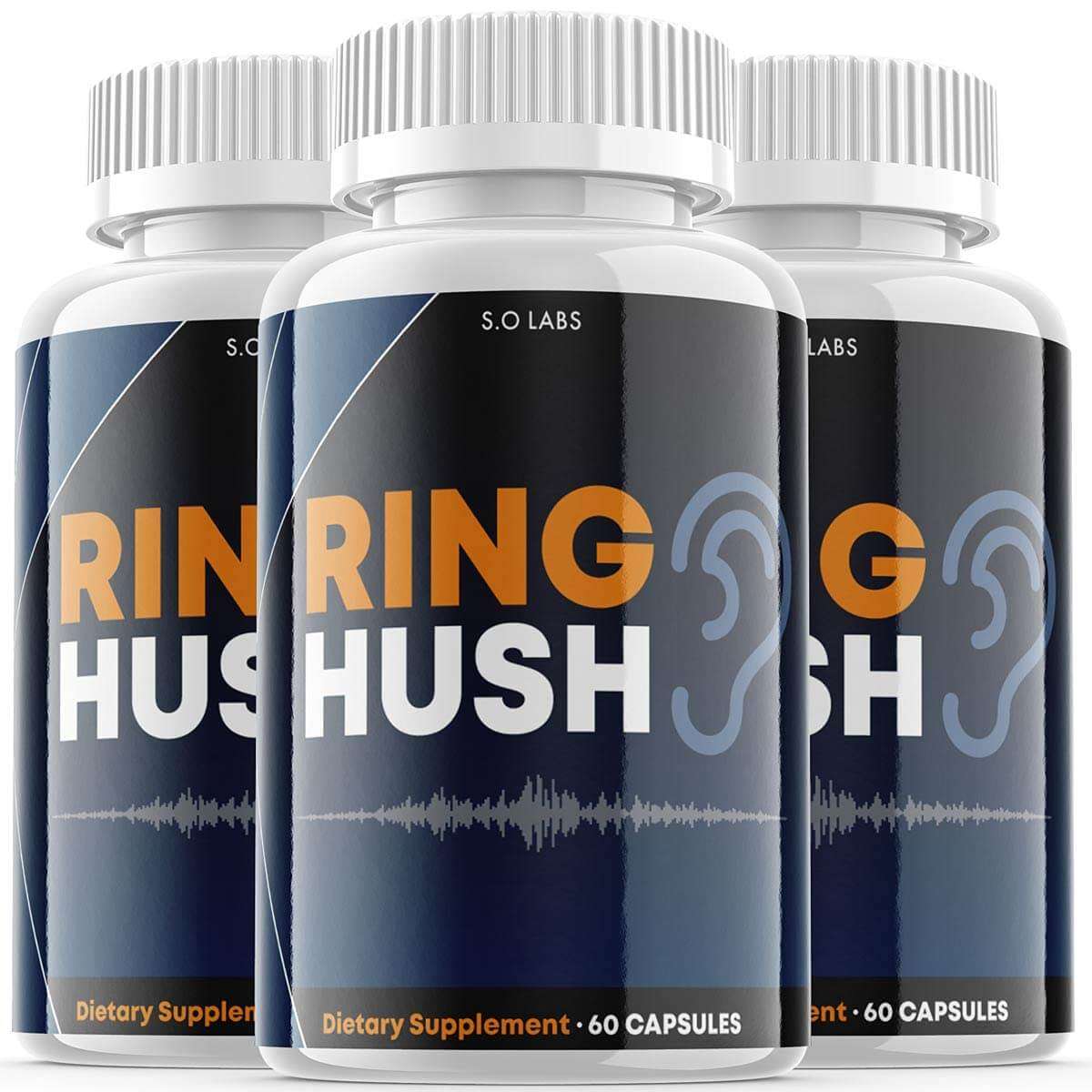 | RingHush Ring Hush by Mark Whittle is a powerful supplement that claims to heal tinnitus by reducing harmful cell inflammation. Not only does it decrease ringing in the ears, but it also restores youthful hearing and strengthens brain cells. Additionally, it protects against memory-related illnesses. It promotes a healthy heart, enhances your memory and concentration, increases your energy, and so much more. To Learn More about RingHush Tinnitus Supplement Read Our Full Review Here. Click Here To Visit Their Website |
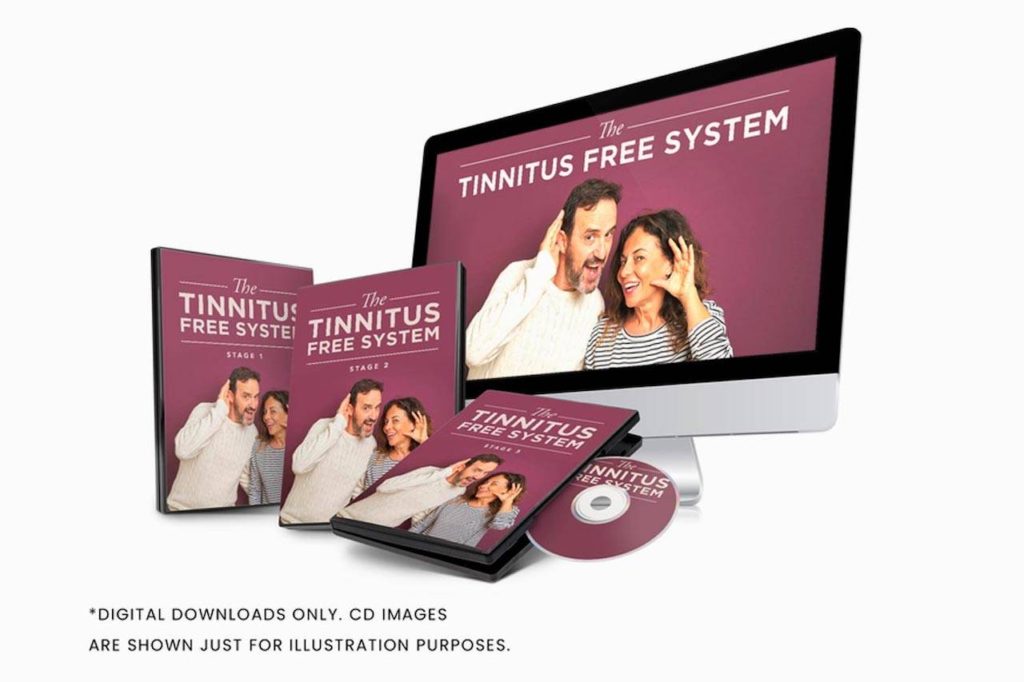 | TheTinnitusFreeSystem The primary goal of the Tinnitus Free System is to get rid of tinnitus along with any other related health issues. This digital program works using three core modules that include: – Determining the triggers and resetting your auditory cortex – Silencing your tinnitus problem – Preventing further triggers Read Our Full Review Here Click here To Visit The Tinnitus Free System Website. |
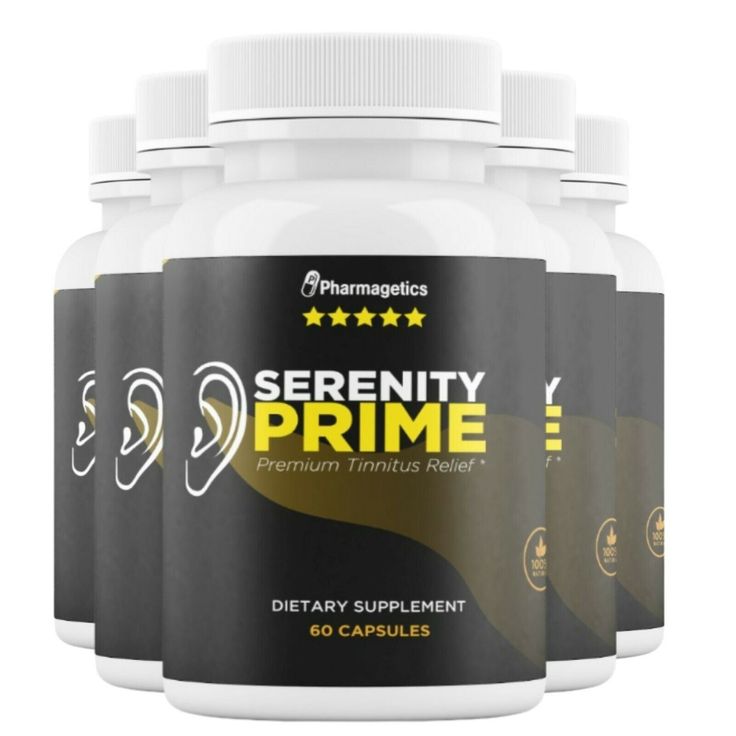 | Serenity Prime Serenity Prime was made by a man named Adam B. Davis. Adam believes God sent him on a mission to cure tinnitus in people. He formulated Serenity Prime with that goal in mind. Read Our Full Review on Serenity Prime Here Click here To Visit Serenity Prime Website. |
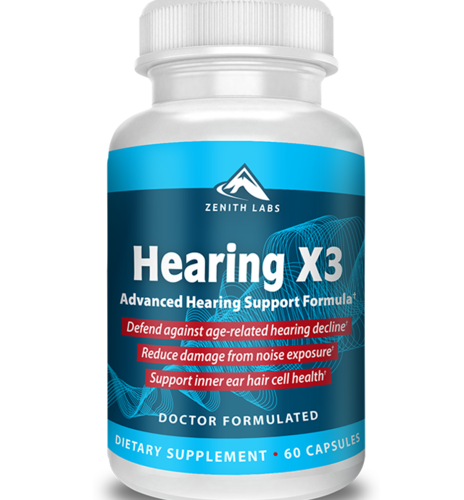 | HearingX3 The Hearing X3 Supplement is highly targeted and carefully made a natural supplement that helps in age-related hearing loss. The capsule contains more than 15 natural ingredients and minerals that will help in bringing your ear health back to life. It also incorporates some herbal ingredients for the all-natural touch. Read Our Full Review Here Click Here To Visit Their Official Website |
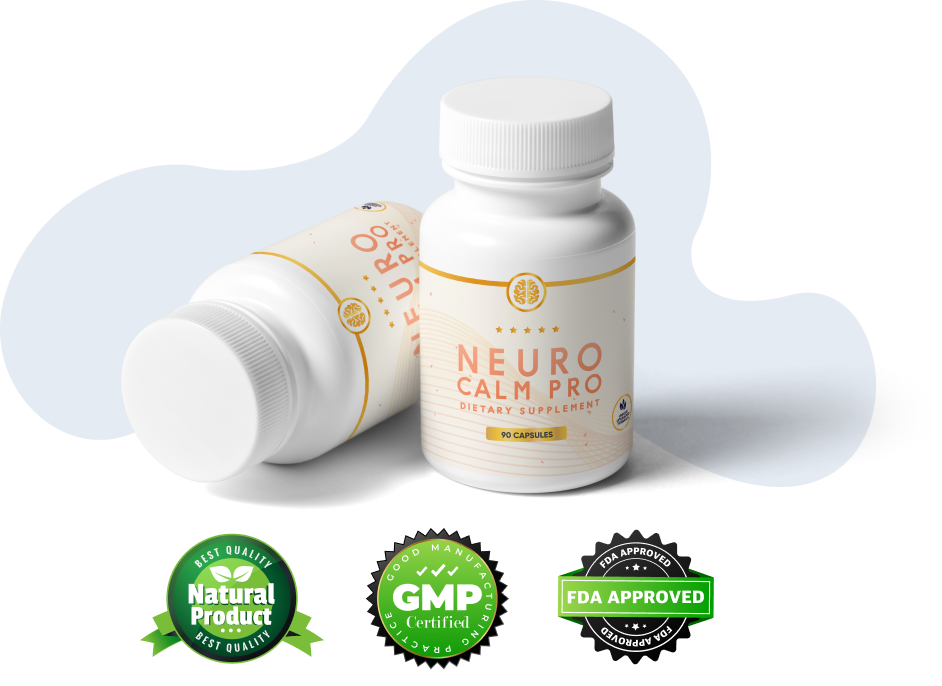 | NueroCalmPro Neuro Calm Pro is a new formula in the market that targets tinnitus and helps users restore their lost hearing in a completely natural way. Formulated by Gerard Watson, the formula includes a powerful yet a rather simple blend of completely natural ingredients that help support the health of your ears and give you a chance at living a happy, normal life without constant ringing in the ears. Read Our Full Review Here Official NeuroCalmPro Website. |
5. Progressive tinnitus management
Progressive Tinnitus Management (PTM) is a therapeutic treatment program offered by the U.S. Department of Veterans Affairs. Tinnitus is one of the most common disabilities seen in veterans of the armed services. The loud noises of war (and training) often lead to noise-induced hearing loss.
If you’re a veteran, talk to your local VA hospital about their tinnitus treatment programs. You may want to consult the National Center for Rehabilitative Auditory Research (NCRAR) at the VA. They have a step-by-step tinnitus workbook and educational materials that may be helpful.
6. Antidepressants and antianxiety drugs
Tinnitus treatment often involves a combination of approaches. Your doctor may recommend medication as part of your treatment. These drugs may help make your tinnitus symptoms less annoying, thereby improving your quality of life. Antianxiety drugs are also an effective treatment for insomnia.
A study published in Medical Science Monitor
Found that an antianxiety drug called alprazolam (Xanax) provides some relief for tinnitus sufferers.
According to the American Tinnitus Association, antidepressants commonly used to treat tinnitus include:
- clomipramine (Anafranil)
- desipramine (Norpramin)
- imipramine (Tofranil)
- nortriptyline (Pamelor)
- protriptyline (Vivactil)
7. Treating dysfunctions and obstructions
According to the American Tinnitus Association, most cases of tinnitus are caused by hearing loss. Occasionally though, tinnitus is caused by an irritation to the auditory system. Tinnitus can sometimes be a symptom of a problem with the temporomandibular joint (TMJ). If your tinnitus is caused by TMJ, then a dental procedure or realignment of your bite may alleviate the problem.
Tinnitus can also be a sign of excess earwax. Removal of an earwax blockage may be enough to make mild cases of tinnitus disappear. Foreign objects lodged against the eardrum can also cause tinnitus. An ear, nose, and throat (ENT) specialist can perform an exam to check for obstructions in the ear canal.
8. Exercise
Exercise contributes significantly to your overall well-being. Tinnitus can be aggravated by stress, depression, anxiety, lack of sleep, and illness. Regular exercise will help you manage stress, sleep better, and stay healthier.
9. Behavioral therapy
Tinnitus is associated with a high level of emotional stress. Depression, anxiety, and insomnia are not uncommon in people with tinnitus. Cognitive behavioral therapy (CBT) is a type of talk therapy that helps people with tinnitus learn to live with their condition. Rather than reducing the sound itself, CBT teaches you how to accept it. The goal is to improve your quality of life and prevent tinnitus from driving you crazy.
CBT involves working with a therapist or counselor, typically once per week, to identify and change negative thought patterns. CBT was initially developed as a treatment for depression and other psychological problems, but it seems to work well for people with tinnitus. Several studies and meta-reviews, including one published in the Korean Journal of Audiology
we have found that CBT significantly improves irritation and annoyance that often comes with tinnitus.
10. DIY mindfulness meditation
You don’t need to enroll in an eight-week program to get started with mindfulness training. Participants in the MBTSR program all received a copy of the groundbreaking book “Full Catastrophe Living” by Jon Kabat-Zinn. Kabat-Zinn’s book is the premier manual for practicing mindfulness in daily life. You will learn about, and be encouraged to practice, meditation and breathing techniques that can help draw your focus away from tinnitus.
11. Alternative treatments
There are several alternative or complementary tinnitus treatment options, including:
- nutritional supplements
- homeopathic remedies
- acupuncture
- hypnosis
None of these treatment options are supported by science. Many people are convinced that the herb gingko biloba is helpful. There are many nutritional supplements claiming to be tinnitus remedies. These are usually a combination of herbs and vitamins, often including zinc, ginkgo, and vitamin B-12.
These dietary supplements have not been evaluated by the U.S. Food and Drug Administration (FDA) and are not supported by scientific research. However, anecdotal reports suggest that they may help some people.
